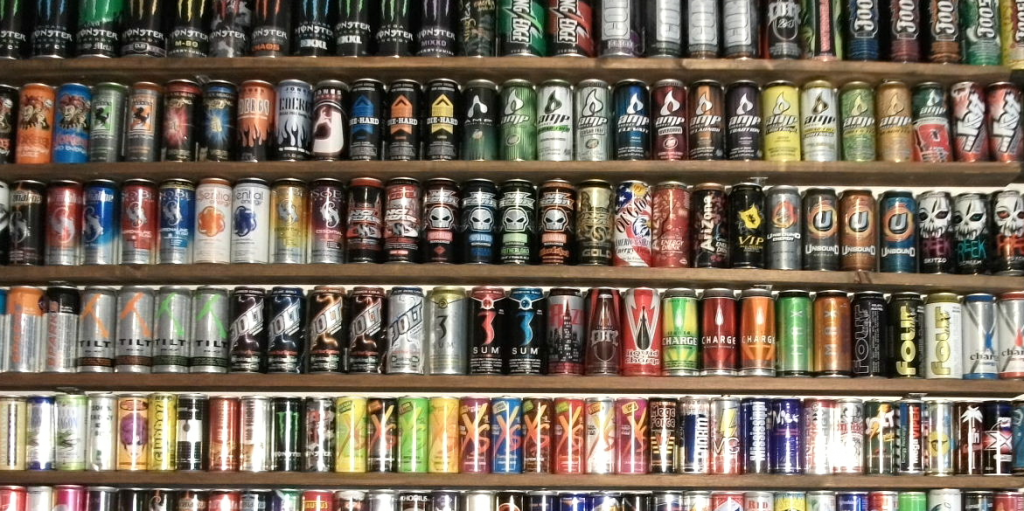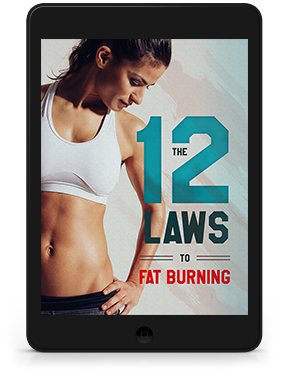
The Dangers of Caffeine and Energy Drinks
We’ve all had a day where we just need a little extra help having the energy we require to get through all the tasks and activities on our agenda before we can finally get some rest in bed. An early morning stop in Starbucks or a midafternoon can of Red Bull can sometimes be all the difference between ticking off everything on your to-do list and adding more to tomorrow’s list. Does this sound familiar?
What is caffeine?
You probably sort of know what caffeine is. However, you probably didn’t know that caffeine is the world’s most used psychoactive drug. Caffeine is found in over 60 plants and it is consumed regularly by about 90% of all people. It is added to food, drinks and medicines used to relieve sleepiness, boost energy or to increase the effect of painkillers. In the U.S., caffeine is most commonly consumed in the form of tea, coffee, soda (energy drinks) and chocolate. There are some health benefits to caffeine but there are also some nasty side effects that can come from caffeine, especially if you use it to excess. Known side effects include insomnia, irregular heartbeats, stomach irritation and anxiety.
If you must indulge in a daily dose of caffeine, whether for a quick energy boost or just for the taste, between your Starbucks frappuccino and your blueberry Red Bull, coffee is probably the lesser of two evils. A coffee drink tends to contain less caffeine than most energy drinks plus coffee contains lots of antioxidant compounds that can protect you from diabetes, weight gain and cognitive decline. Tea may even be better for you. Tea also contains caffeine, though at a lower level than coffee, and tea may have even more health benefits than coffee plus cause your body less irritation!
That’s a Big NO to Energy Drinks!
You probably noticed that we don’t think too highly of energy drinks. Based upon the research available, energy drinks appear to be the most dangerous way to consume caffeine. Unfortunately, the energy drink industry is worth big money so they won’t be going away anytime soon. By 2012, energy drink sales in the U.S. alone were worth over $12.5billion per year and that number is growing with each year! Most energy drinks market themselves as aids in increasing alertness and attentiveness or in increasing physical strength and endurance. However, there is very little evidence to back up these claims. There is far more evidence to support the negative claims and side effects of imbibing in an energy drink. Here are just some of the dangers in caffeine and energy drinks:
- One thing many researchers and medical professionals are concerned about is the labeling on energy drinks. Some studies have shown that the some energy drinks contain more caffeine than the label stated. Some labels didn’t even mention that the drinks contained caffeine! This is an indicator that the energy drink industry can’t be fully trusted when it comes to how much caffeine they are exposing their consumers to. This irresponsibility has the potential to be very dangerous and mislabeling a product could result in accidental caffeine overdoses.
- Whether labeled correctly or not, the amount of caffeine in an energy drink is worrisome. Depending on the brand and the container size, caffeine levels in energy drinks can start at 25 milligrams and go as high as 375 milligrams. (It should be noted that there are energy drinks which contain no caffeine.) The safe level of caffeine to ingest per day is 400 milligrams, with the number dropping for adolescents and pregnant women. Seeing these figures side by side, it’s easy to see how someone could inadvertently suffer from some of the side effects of too much caffeine which we will get to shortly.
- The hidden sugars in energy drinks are also a concern. Some energy drinks contain 50+grams of sugar. Considering that daily recommended allowance for sugar is between 25 and 37.5 grams one energy drink could put you right over this level. Consequently, the consumption of energy drinks is also a risk factor for developing Type Two Diabetes.
- Caffeine and energy drinks have been linked to heart issues and high blood pressure. This puts consumers at risk of going in to cardiac arrest or having a stroke.
- Drinking too many energy drinks can lead to an increase in headaches and migraines. These may be caused by drinking different amounts of caffeine each day or because of a physical sensitivity to any caffeine.
- Anxiety and nervousness are also known to increase in people who regularly drink energy drinks or consume a large volume in a short period of time. High caffeine levels combined with some of the other active ingredients in energy drinks like guarana or ginseng can cause irritability, restlessness, tremors and panic disorders.
- Finally, another common side effect of drinking caffeine in energy drinks is insomnia. Energy drinks can keep people awake and unable to sleep at an increased frequency. People who experience this can feel “wired and tired” at the exact same time which doesn’t bode well for long-term good health.
Feeling better about your health or fitness shouldn’t be a chore. If you ever need some extra support, come by BEFIT to speak with one of our trainers or simply fill out a Free Consultation Request by clicking the link and a fitness professional will reach out to you within 24 hours.













Leave a Reply